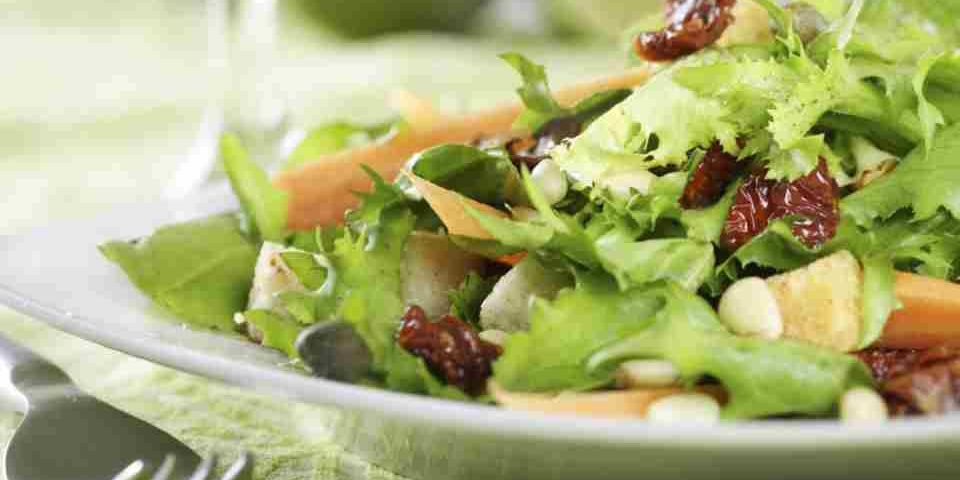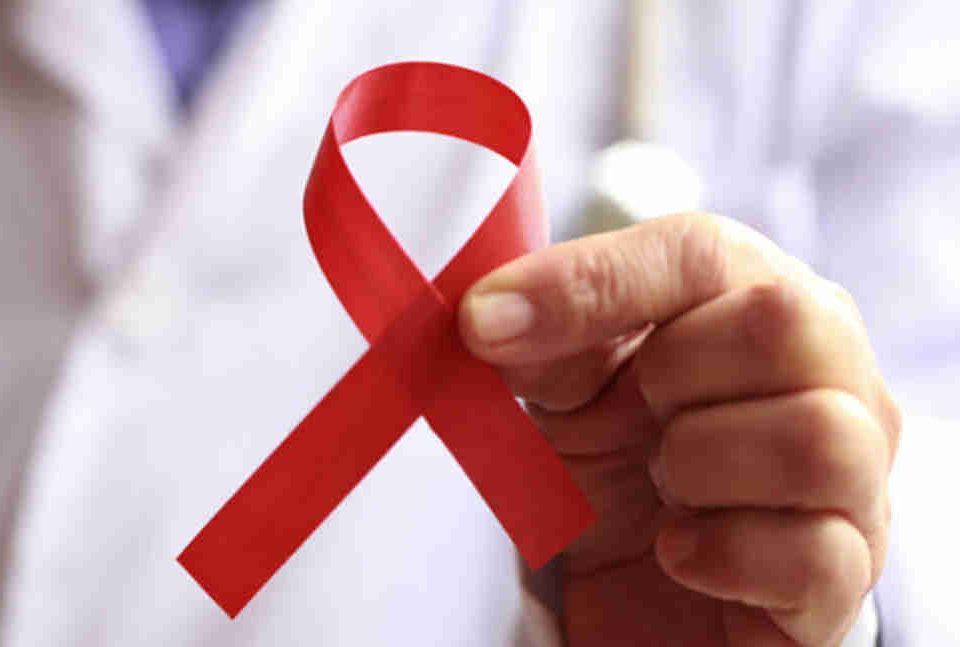By Bridget McKeown
最近一篇权威期刊上发表了一篇关于营养素作用的文章引起轩然大波,为什么?因为据称这个研究将某营养素直接给“否决”了!先不说这个研究的设计是否存在问题,或者该研究的起始点设置是否有问题,单单这一篇论文就要否定一门学科,这篇文章要有多大的威力?!这还是仅从西医理论上进行讨论,如果联系到中医上来说,中医里面的“食疗”就更成了无稽之谈了!
但根据世界癌症研究基金会的报告,美国约20%的癌症与可预防的因素直接相关,包括不良的饮食习惯、过量的脂肪、缺乏体力活动和过度饮酒。结合营养饮食可以为您的健康带来许多积极的结果,也许其中最重要的是降低患癌症的风险。研究表明,过多的体脂与乳腺癌、食道癌、结直肠癌、胰腺癌和肾癌的发病率有关。体脂过多与胰岛素抵抗、脂联素(调节葡萄糖的激素)水平降低和瘦素(控制饱腹感的激素)产量增加有关。最终,这些改变会导致癌细胞的发展和进展。当炎症变为慢性时,自由基水平会升高,增加患癌症的风险。除了增加患癌症的风险外,过多的体脂也会增加患糖尿病和心脏病的风险。因此,达到并保持健康的体重对于降低包括癌症在内的许多疾病的风险至关重要。
所以,直接拿某营养素来说明对某疾病无效就想来否定该营养素的无用,这非常可笑,而且这仅仅只是一项针对“患者”的临床试验!当然研究者估计也不想无限放大他的研究成果,但确实容易被某些人解读!还是来读一下原文吧。
APPROXIMATELY 20 percent of all cancers in the United States are directly related to preventable factors including poor dietary habits, excess body fat, lack of physical activity and overconsumption of alcohol, as reported by the World Cancer Research Fund. Incorporating a nutritious diet can lead to numerous positive outcomes for your health, perhaps one of the most important being a reduction in your risk for cancer.
Research has demonstrated a link between excess body fat and the incidence of breast, esophageal, colorectal, pancreatic and kidney cancers. Excess body fat is associated with insulin resistance, decreased levels of adiponectin (the hormone that regulates glucose) and increased production of leptin (the hormone that controls satiety). Ultimately, these alterations can lead to the development and progression of cancer cells. When inflammation becomes chronic, levels of free radicals can rise, increasing the risk for cancer. Aside from increased risk for cancer, excess body fat also enhances the risk for diabetes and heart disease. Therefore, reaching and maintaining a healthy body weight is essential to reducing risks for many diseases, including cancer.
What Should You Eat?
Fruits and Vegetables
A plant-based diet is recommended to decrease inflammation and reach a healthy body weight. “Plant-based” does not mean vegan or vegetarian diets, but rather a diet high in fruits, vegetables, whole grains and legumes, while still having the option of including lean proteins like fish and poultry. Approximately 2.5 servings of both fruits and vegetables are recommended daily. This may seem like a large amount to incorporate in just one day; however, keep in mind that a serving size for fruit is one cup of chopped/diced fruit (equivalent to half of a large apple), and one cup of sliced vegetables (equivalent to 12 baby carrots). When you incorporate fruits and vegetables with other dishes and as snacks, it becomes easier to reach your serving goals for the day. A variety of colorful fruits and vegetables are advised in order to incorporate different cancer-fighting vitamins and minerals into your diet and for a synergistic effect to be produced. For example, tomatoes are rich in lycopene, an antioxidant that protects against prostate cancer. Red peppers and oranges are highest in vitamin C, which can protect again esophageal cancer. Stronger protective effects are observed when broad varieties of plant-based foods are implemented in the diet (for example, a diet including tomatoes, oranges and peppers), as opposed to overconsumption of an individual nutrient or food alone.
Whole Grains
Whole grains, such as oatmeal, barley, bran flakes cereal and brown rice, are high in dietary fiber, which may assist in preventing colorectal cancer, as fiber promotes normal cell development and minimizes inflammation in the colon. Refined carbohydrates, such as pastries and high-sugar products, are often low in fiber and contribute to inflammation and weight gain. Therefore, they’re suggested to be limited.
Protein
Research has shown that intake of red meats and processed meats are likely linked to colorectal cancer. Overall, consumption of processed and red meats should be limited; however, if you are to consume red meat, less than 18 oz per week is suggested. Poultry, fish, eggs and beans are all excellent protein alternatives. When preparing fish or poultry, aim to avoid cooking at very high temperatures or over open flames; baking, broiling or poaching are suggested methods to avoid possible carcinogen production. Also, seasoning meats and fishes with herbs and spices in replacement of salt is a great way to add natural flavor, increase possible health benefits and also decrease sodium intake.
“Anti-Cancer” Foods
Many foods are often marketed with “cancer preventing” claims, and it becomes difficult to determine fact from fiction – plus know exactly which foods to purchase. It’s important to remember there’s not one food alone that will prevent cancer, but rather a variety of foods that will provide the greatest benefit. For example, omega-3 fatty acids found in fish and plant sources like flax seeds, green tea and turmeric (found in curry powder) all have anti-inflammatory properties, which can protect again cancer. Having the freedom to design meals based on your own preference of plant-based foods, herbs and spices, and lean proteins provides you with the opportunity to consume a wide variety of cancer-fighting meals.
Best Diets for Healthy Eating
|
RANK
|
DIET NAME
|
|
|
 #1 |
DASH Diet
|
 #2 |
Mediterranean Diet
|
 #3 |
MIND Diet
|
 #4 (tie) |
Mayo Clinic Diet
|
 #4 (tie) |
TLC Diet
|
 #4 (tie) |
Volumetrics Diet
|
 #7 |
Weight Watchers Diet
|
 #8 (tie) |
The Fertility Diet
|
 #8 (tie) |
The Flexitarian Diet
|
 #10 (tie) |
Dr. Weil’s Anti-Inflammatory Diet
|
 #10 (tie) |
Jenny Craig Diet
|
 #10 (tie) |
Ornish Diet
|
 #10 (tie) |
The Traditional Asian Diet
|
 #10 (tie) |
Vegetarian Diet
|
DIET Ranking information as of April 11th, 2017


 #1
#1 #2
#2 #3
#3 #4(tie)
#4(tie) #4(tie)
#4(tie) #4(tie)
#4(tie) #7
#7 #8(tie)
#8(tie) #8(tie)
#8(tie) #10(tie)
#10(tie) #10(tie)
#10(tie) #10(tie)
#10(tie) #10(tie)
#10(tie) #10(tie)
#10(tie)




